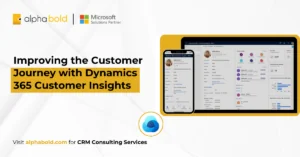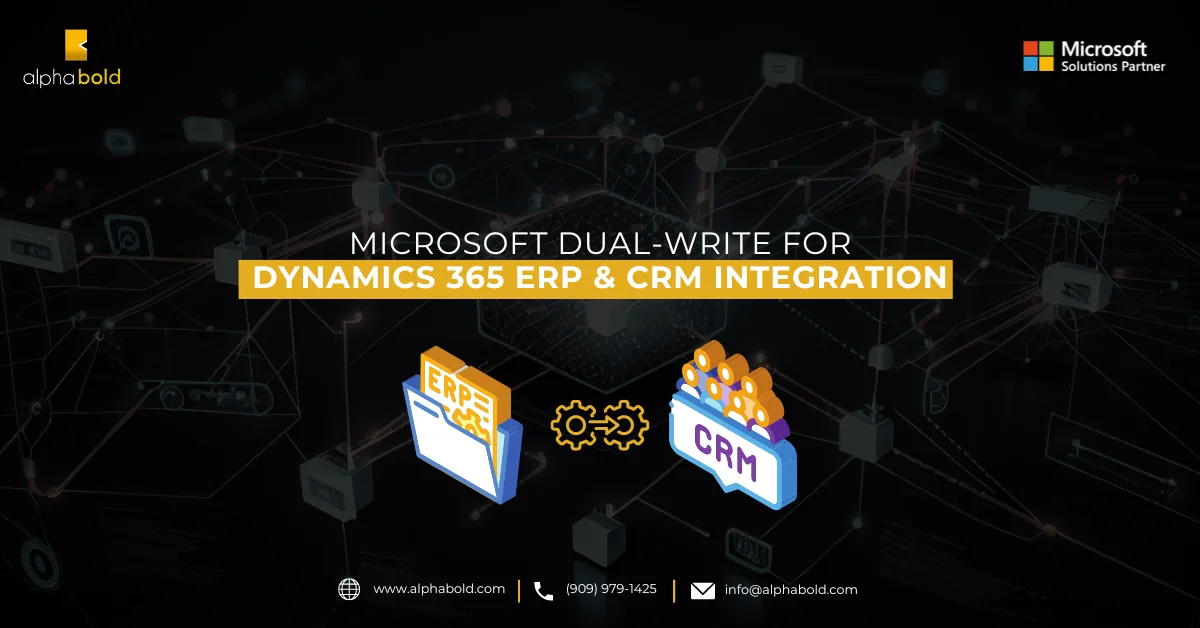Introduction
Manufacturers increasingly compete by how well they connect customer insights to operations, not just by product quality. In 2026, no-code and AI-native CRM platforms are replacing legacy systems because they deliver speed, adaptability, and measurable business impact. Legacy CRM tools are struggling to keep pace, while modern solutions can be deployed in weeks and scale with changing market demands.
This guide explains what a modern CRM for manufacturing must deliver, which manufacturing CRM software options stand out in 2026, and how leaders can evaluate the right solution for their business.
Why Is CRM Critical for Manufacturing Companies in 2026?
CRM for manufacturing centralizes customer, supplier, and operational data, helping leaders improve forecasting, streamline collaboration, and strengthen customer relationships. In 2026, it is a strategic system that supports both growth and resilience across manufacturing businesses.
Key reasons manufacturers need CRM today:
- Customer visibility: Single view of customers and partners across sales and service.
- Forecasting accuracy: Data-driven demand planning reduces errors and delays.
- Cross-team collaboration: Finance, sales, and operations work from the same information.
- Service improvement: Faster response times and higher retention rates.
- Resilience: Real-time insights mitigate risks from supply chain disruptions.
What Features Should a Manufacturing CRM Software Include?
A modern manufacturing CRM software must go beyond customer tracking. It should unify data, automate processes, and support analytics that directly connect sales, service, and operations to production goals.
Core features to prioritize in 2026:
- Configurability: Adjust workflows and dashboards to match unique manufacturing processes.
- Integration: Connect seamlessly with ERP, supply chain, and finance systems.
- Analytics: Real-time insights on sales pipelines, order trends, and production schedules.
- Scalability: Handle growth in data volume, user base, and global operations.
- Automation: Streamline repetitive tasks like order updates, approvals, and scheduling.
- Collaboration tools: Break silos between sales, operations, and finance teams.
- Customization: Tailor reporting and dashboards to CFO and CTO priorities.
Discover the Best CRM for your Manufacturing Business!
See how Microsoft Dynamics 365 connects operations, finance, and customer engagement to drive measurable results for manufacturers.
Request a DemoHow Do You Choose the Right CRM for Manufacturing Companies: Aligning with CTO and CFO Priorities
Choosing the right CRM for manufacturing companies means balancing functionality with long-term value. Leaders must evaluate technology fit, cost, and adaptability to ensure the system aligns with strategic goals across finance, operations, and customer management.
Steps to guide selection:
- Define priorities: Identify whether the focus is efficiency, customer engagement, or cost control.
- Assess integrations: Ensure CRM connects with ERP, supply chain, and financial systems.
- Check scalability: Confirm the platform can support growth and global operations.
- Evaluate usability: Look for an intuitive interface to drive adoption.
- Review analytics strength: Prioritize predictive insights for forecasting and planning.
- Vendor expertise: Choose providers with proven manufacturing implementation experience.
Deepen your understanding of CRM solutions with our comprehensive blog post: CRM Software Selection: A Step-by-Step Guide
What Are the Top CRM Platforms for Manufacturing in 2026?
The best CRM platforms for manufacturing balance industry-specific functionality with scalability. Solutions like Dynamics 365, Salesforce, SAP, Oracle NetSuite, and Zoho CRM help manufacturers improve operations, customer engagement, and financial performance in different ways.
1. Salesforce Manufacturing Cloud:
As one of the leading CRM providers, Salesforce is ideal for aligning sales operations and customer data within manufacturing contexts.
- Built on Sales Cloud and Service Cloud, customized for manufacturing with demand forecasts and account-centric visibility.
- Uses embedded AI and automation tools to qualify leads, optimize field service, and predict demand.
- Provides autonomous agent capabilities that can act on insights, not just report them.
- Strong ecosystem of partner applications for deeper industry-specific functionality.
2. SAP S/4HAN:
SAP S/4HANA is a deep operational backbone for global, complex manufacturing environments.
- Combines CRM and ERP for full lifecycle control covering production planning, quality metrics, and compliance.
- Offers advanced analytics and digital twin capabilities for supply chain visibility.
- Strong in large-scale regulatory and compliance-heavy industries.
- Requires significant implementation effort and cost, making it best suited for large enterprises.
3. Oracle NetSuite:
Oracle NetSuite is well-suited for fast-scaling mid-market manufacturers.
- Cloud-native ERP and CRM integration with strong financials, inventory, and order management.
- Supports production, procurement, and customer service workflows in one system.
- Flexible modules allow for step-by-step scaling without high complexity.
- AI functionality is more limited compared to enterprise-grade platforms.
4. Zoho CRM:
Zoho CRM is a practical, cost-effective choice for smaller manufacturers.
- Provides lead and customer tracking, pipeline management, and collaboration with Zoho Inventory and Desk.
- Includes Zia, Zoho’s AI assistant, for insights, trend analysis, and workflow automation.
- Simple and affordable licensing makes it accessible for smaller teams.
- Lacks deep manufacturing-specific functionality but covers the basics effectively.
5. Microsoft Dynamics 365 for Manufacturing:
Microsoft Dynamics 365 is best for manufacturers seeking end-to-end visibility and AI-native workflows.
- Offers a unified platform with Finance, Sales, Field Service, Supply Chain, and AI modules all natively integrated.
- Delivers Copilot and AI agent capabilities across applications, such as automatic intention detection and contextual scheduling, for seamless automation.
- Enables predictive maintenance, real-time production monitoring, and reduced stockouts through AI-enhanced supply chain tools.
- Connects with Power BI, Power Platform, and Azure for advanced workflow automation and analytics.
Discover why Microsoft Dynamics 365 is the top choice for manufacturing CRMs. Uncover key insights here: Explore Microsoft Dynamics 365
Unlocking the Dynamics 365 advantage for manufacturers – empowering partnerships:
Among all CRM options, Microsoft Dynamics 365 offers manufacturers the most comprehensive platform.
It is a connected platform that helps manufacturers integrate operations, improve forecasting, and manage costs. With AlphaBOLD’s expertise, manufacturers unlock added value by tailoring the system to business priorities and budgets.
Key advantages include:
- Robust partner ecosystem: Dynamics 365 benefits from a strong partner network. AlphaBOLD leverages this to deploy industry add-ons and custom integrations, reducing time-to-value and long-term costs.
- High customization: CTOs align workflows with production systems, while CFOs configure financial dashboards and compliance tracking. AlphaBOLD ensures these customizations remain scalable as operations expand.
- AI and predictive analytics: Built-in Copilot and AI agents deliver demand forecasting, customer insights, and supply chain risk monitoring, helping manufacturers anticipate challenges instead of reacting late.
- Audience fit: Unlike niche CRMs that target only sales, Dynamics 365 connects customer, financial, and operational data. This broader scope makes it better suited for manufacturers balancing cost pressures, compliance, and global supply chain needs.
By combining Microsoft’s platform strengths with AlphaBOLD’s consulting approach, manufacturers gain a CRM that is both cost-effective and strategically aligned with the complex realities of 2026 manufacturing.
Achieve CRM Excellence with Dynamics 365!
Our experts help manufacturers implement Dynamics 365 CRM with tailored strategies for cost management, integrations, and long-term growth.
Request a DemoConclusion
CRM for manufacturing in 2026 is not just about managing customer data. It is about connecting production, finance, and customer engagement into one intelligent system. Microsoft Dynamics 365 offers manufacturers the scale, flexibility, and analytics required to stay competitive.
With AlphaBOLD as a partner, manufacturers gain more than software. They gain guidance on cost control, audience-specific customization, and a proven pathway to adopt AI, automation, and compliance tools without unnecessary complexity.
If your organization is evaluating CRM for manufacturing, now is the time to move forward. The companies that act early will be the ones leading in efficiency, resilience, and customer trust.
Ready to explore how Dynamics 365 CRM can reshape your manufacturing strategy? Contact AlphaBOLD to discuss a tailored implementation plan.
Explore Recent Blog Posts









